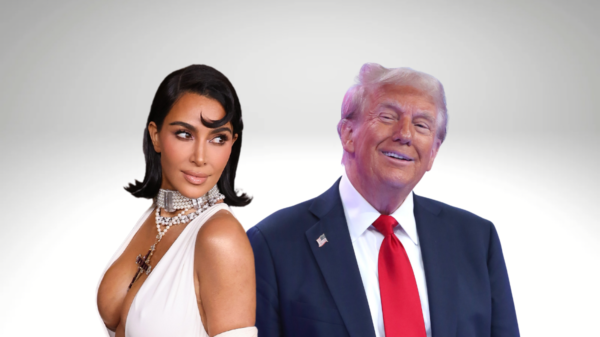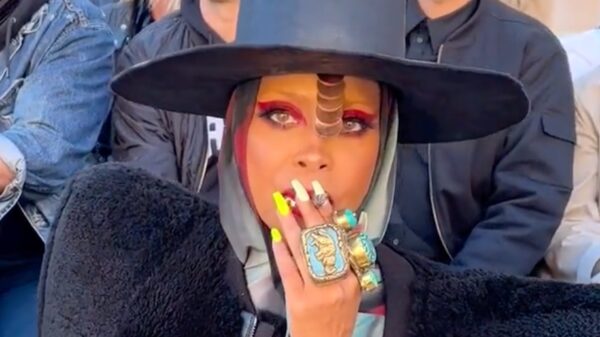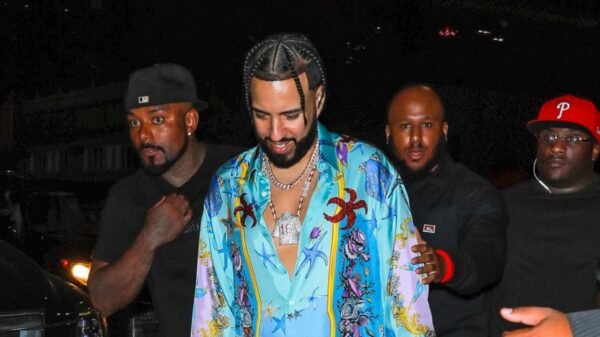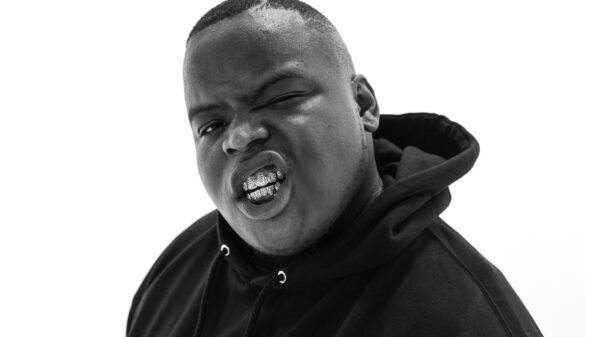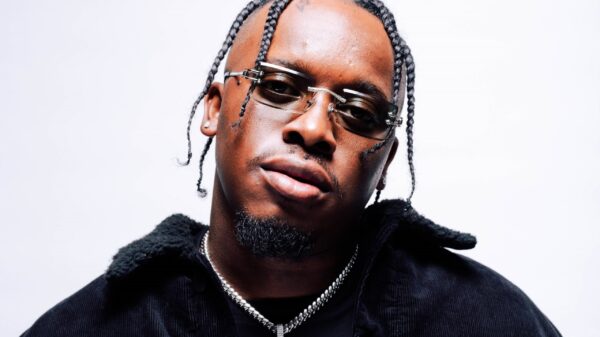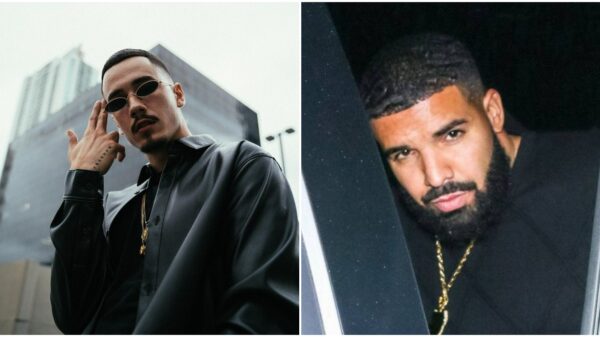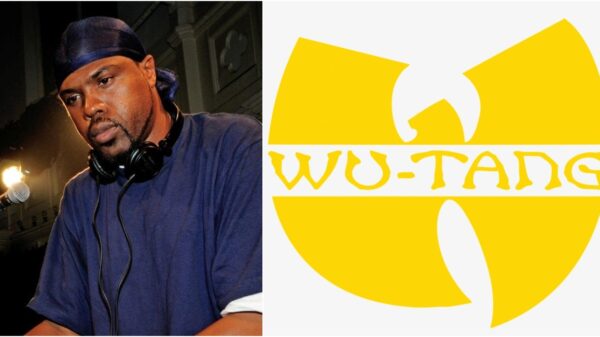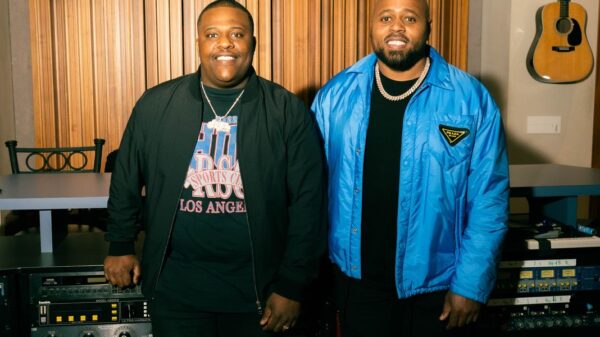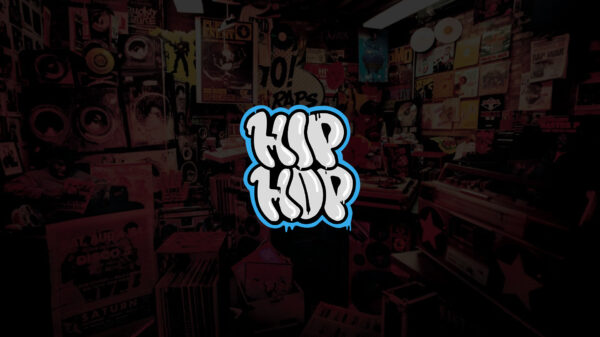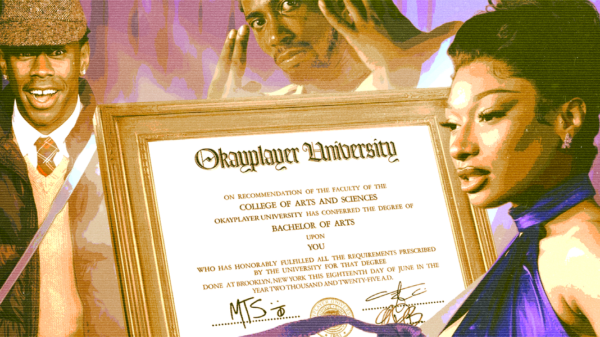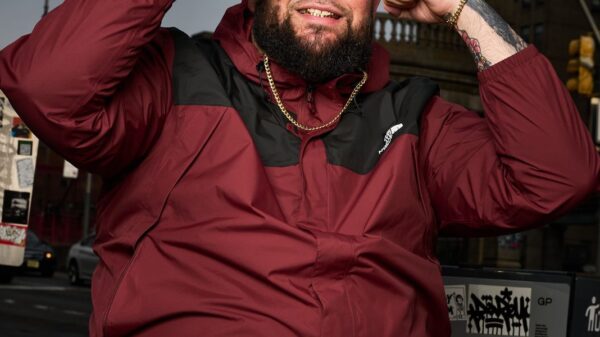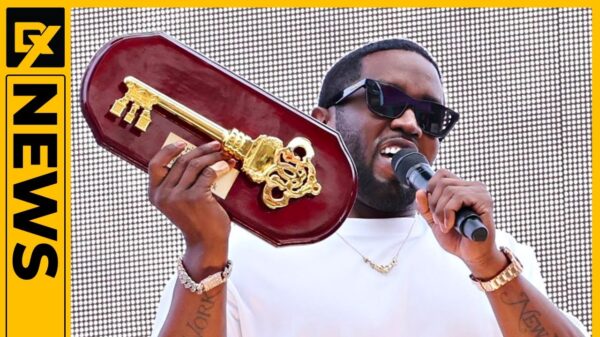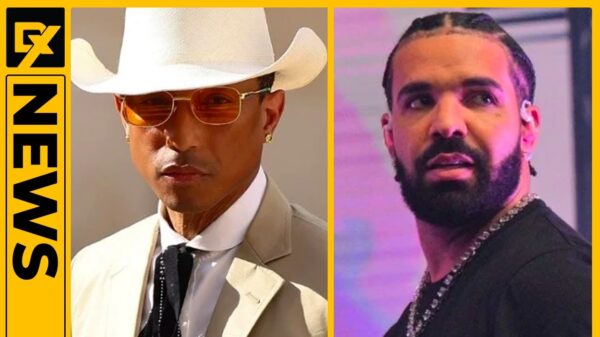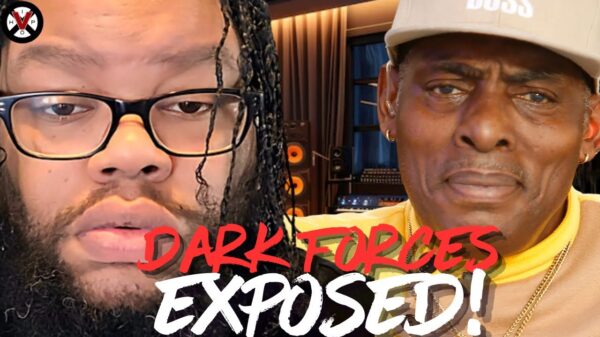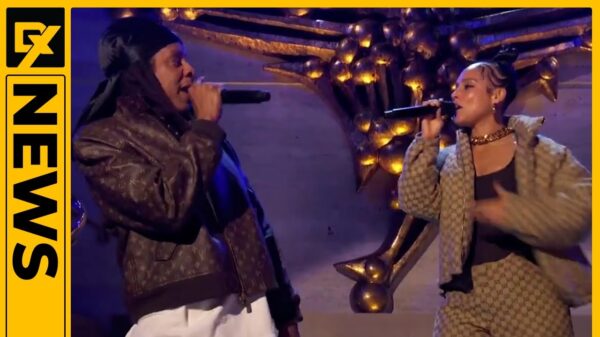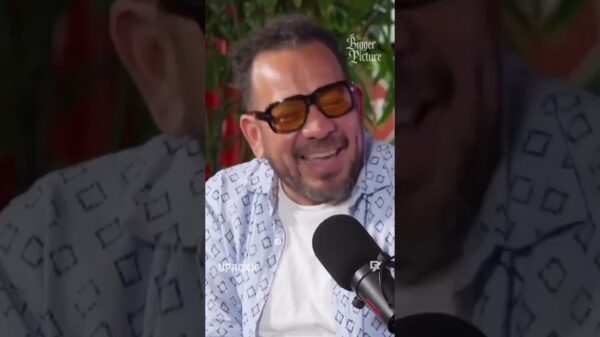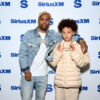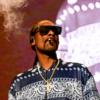Recording Academy CEO Harvey Mason Jr. is walking back on his previous comments about AI-generated Drake and The Weeknd collaboration “Heart on My Sleeve.” The 55-year-old posted an Instagram clip on Friday (September 8) to blast “bad and really inaccurate information” being shared about the track.
Although Mason didn’t address the song’s AI creation, he clarified that “Heart on My Sleeve” isn’t up for Grammy consideration due to the vocals not being cleared, and it not being commercially available.
“Let me be extra, extra clear: Even though it was written by a human creator, the vocals were not legally obtained, the vocals were not cleared by the label or the artists, and the song is not commercially available. And because of that, it’s not eligible,” Mason said. “I take this stuff very seriously. It’s all complicated, and it’s moving, really, really quickly. I’m sure things are going to continue to have to evolve and change. But please, please, do not be confused. The Academy is here to support and advocate and protect and represent human artists, and human creators period.”
Harvey sang a different tune in a recent interview with The New York Times, where he revealed that the controversial track “Heart on My Sleeve,” has been submitted for two Grammy categories, saying, “it’s absolutely eligible because it was written by a human.” The song could possibly be nominated for Best Rap Song and Song of the Year.
The song’s creator is enigmatic artificial intelligence user, Ghostwriter, who released “Heart on My Sleeve” in April. The song went viral before being ripped by Universal Music Group. However, it appears that the “Heart on My Sleeve” lyrics were written by Ghostwriter instead of being produced by AI, despite the digitized vocal performances.
Mason went on to say that he sent Ghostwriter a direct message on social media and organized a roundtable discussion with the Recording Academy to understand the AI explosion. Ghostwriter attended, albeit disguising his voice with distortion and concealing his identity.
“I knew right away as soon as I heard that record that it was going to be something that we had to grapple with from an Academy standpoint, but also from a music community and industry standpoint,” Mason said. “When you start seeing A.I. involved in something so creative and so cool, relevant and of-the-moment, it immediately starts you thinking, ‘OK, where is this going? How is this going to affect creativity? What’s the business implication for monetization?’”
The song was pulled from streamers after racking up more than 600,000 plays on Spotify and 275,000 YouTube views. Issuing takedown notices to DSPs, UMG also blasted “Heart on My Sleeve,” saying that its postings “demonstrate why platforms have a fundamental legal and ethical responsibility to prevent the use of their services in ways that harm artists.”
It was also unlikely that “Heart on My Sleeve” could be nominated for either Grammy category, as the Recording Academy is involved in the Human Artistry Campaign, which says that “AI can never replace human expression and artistry.”
The organization also highlights that the voices and likenesses of performers must be used with consent and fair market compensation, which it’s unclear that Drake or The Weeknd received. On Wednesday (September 6), Ghostwriter released a new AI track, this time using the vocals of Travis Scott and 21 Savage for a song titled “Whiplash.”
“If you’re down to put it out, I will clearly label it as A.I., and I’ll direct royalties to you. Respect either way,” Ghostwriter said in a statement, per NYT.
Read the full article here

